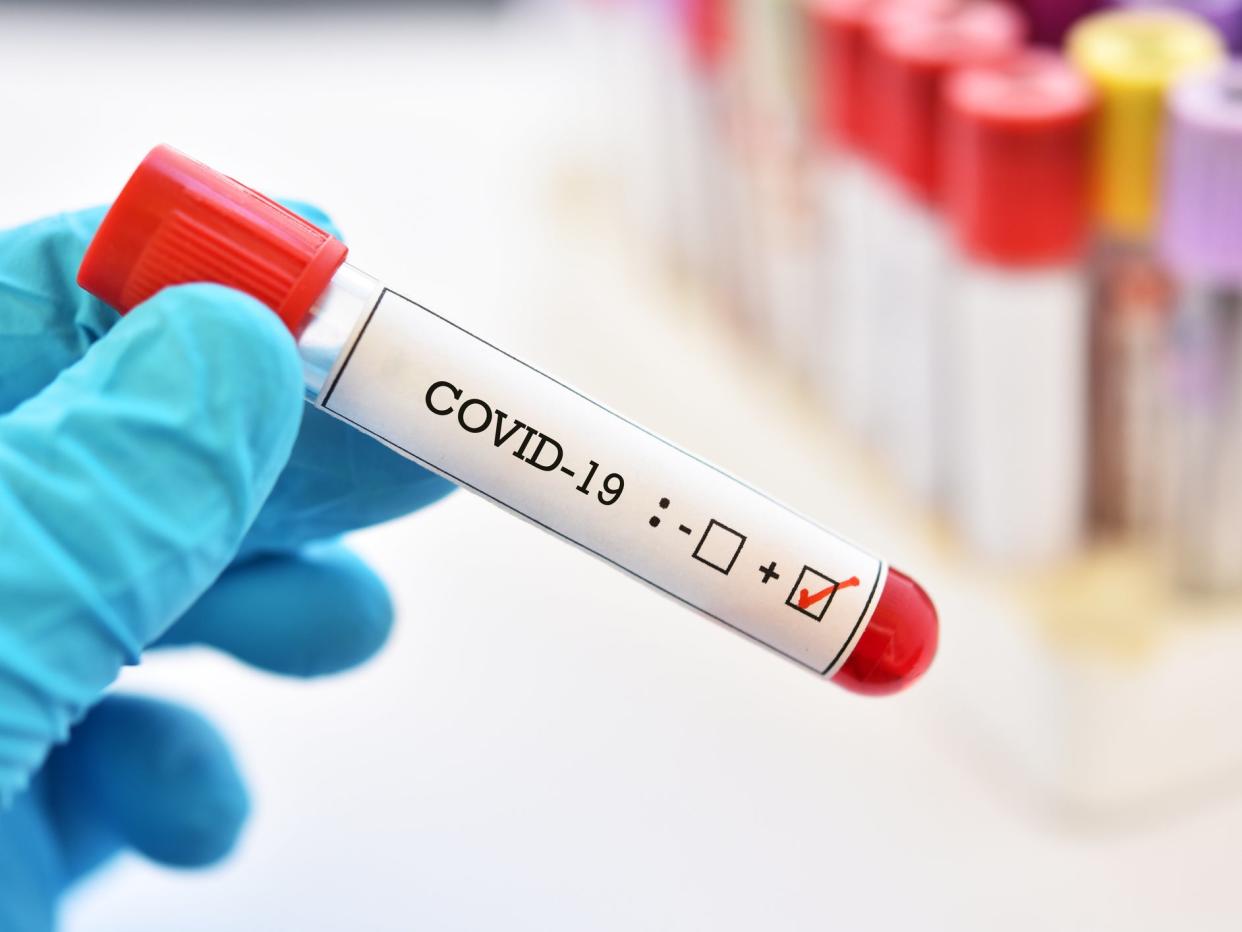Coronavirus: Who is currently being tested for Covid-19 and when will tests become available for everyone?

Throughout the coronavirus pandemic, questions have continually been asked concerning how patients are being tested for the virus and when tests will be more widely distributed.
On 11 March, the NHS outlined plans for 10,000 coronavirus tests to be conducted every day. The prime minister later told the House of Commons that this number would be increased to 25,000, going on to state in a press conference that it could eventually rise to 250,000.
However, no date has yet been fixed as to when antigen and antibody tests — the former assesses if a person has the virus while the latter should be able to determine if an individual has recovered from infection — may become available for mass distribution.
Who is currently being tested for Covid-19?
Coronavirus tests are currently being conducted on patients who have exhibited the main symptoms of the condition and have been hospitalised due to ill health.
The two predominant symptoms of the virus, the NHS states, is a high temperature and a new, continuous cough.
If a person is showing these symptoms, they are advised to contact the NHS’s online 111 service for further guidance.
If it is determined that they do not need to be admitted to hospital, then they will not be tested at home.
Throughout the coronavirus pandemic, some individuals have been able to have tests for the condition despite not needing hospitalisation.
Luther star Idris Elba, who has asthma, underwent a test for Covid-19 after discovering he had been in contact with someone who tested positive for the condition. As the actor had been due to work on a busy film set, he had a test as a safeguarding measure so as to ensure he wouldn’t put anyone on production at risk.
The Prince of Wales also tested positive for the coronavirus after displaying mild symptoms, while the Duchess of Cornwall tested negative. A spokesperson for Clarence House said the test was carried out by NHS staff in Aberdeenshire “where they met the criteria required for testing”.
Prince Charles has since recovered from the virus and he and Camilla have both come out of self-isolation.
On 27 March, it was announced that frontline NHS staff would be tested for Covid-19. The government had previously been criticised for not rolling out tests for healthcare workers, as it meant they did not know if they were putting patients’ health at risk.
“It is urgently important that we are able to test frontline staff who are off sick or otherwise isolating,” said Simon Stevens, chief executive of the NHS.
However, last week it was reported that only 2,000 NHS frontline staff forced to stay home due to the virus had been tested to see if they could return to work, a fraction of the 125,000 workers believed to be self-isolating.
Over the past couple of months, several drive-through testing centres have been set up. One, set up in Wolverhampton, allowed individuals to be tested in a car park if it was deemed necessary by the NHS 111 service. Meanwhile, a Chessington theme park was turned into a testing centre for NHS workers.
When will testing become available to all?
Chris Hopson, chief executive of NHS Providers, recently told the Press Association that maximum testing capacity in the UK is currently “very constrained”, only being able to deliver approximately 13,000 tests a day.
Professor Yvonne Doyle, medical director at Public Health England, stated on 26 March that plans were in place for “a million tests that people can do themselves”, adding that it is essential that antibody tests are accurate before being distributed to the public.
“We expect that to come within a couple of weeks but I wouldn’t want to over promise on that, and I think the chief medical officer has been absolutely clear on it being right before it is put out,” Professor Doyle said.
On the government’s website, it states that it is “urgently analysing the reliability of home testing kits that do not need labs”.
During a recent press briefing, health secretary Matt Hancock said the UK is trying to develop a “huge diagnostic industry” in order to scale up testing.
“Unlike some countries, we didn’t go into this crisis with a huge diagnostics industry. We have the best scientific labs in the world, but we did not have the scale,” Mr Hancock said on Thursday 2 April.
“My German counterpart, for instance, could call upon 100 test labs, ready and waiting when the crisis struck, thanks in large part to Roche, one of the biggest diagnostics companies in the world. We have had to build from a lower base.”
While deputising for Boris Johnson at the daily press conference on Tuesday 7 April while the prime minister receives hospital treatment for Covid-19, foreign secretary Dominic Raab insisted that the government is still on track to deliver 100,000 tests a day in the coming weeks.
However, the distribution of antibody tests remains more uncertain. On Friday 3 April, Mr Hancock stated that the British government had not yet found an antibody test that is “good enough to use”.
Read more
How to tell the difference between hayfever and coronavirus symptoms
When can we really expect coronavirus to end?
Everything you need to know on supermarket delivery slots
The dirty truth about washing your hands
Which countries around the world has coronavirus spread to?
Listen to the latest episode of The Independent Coronavirus Podcast

